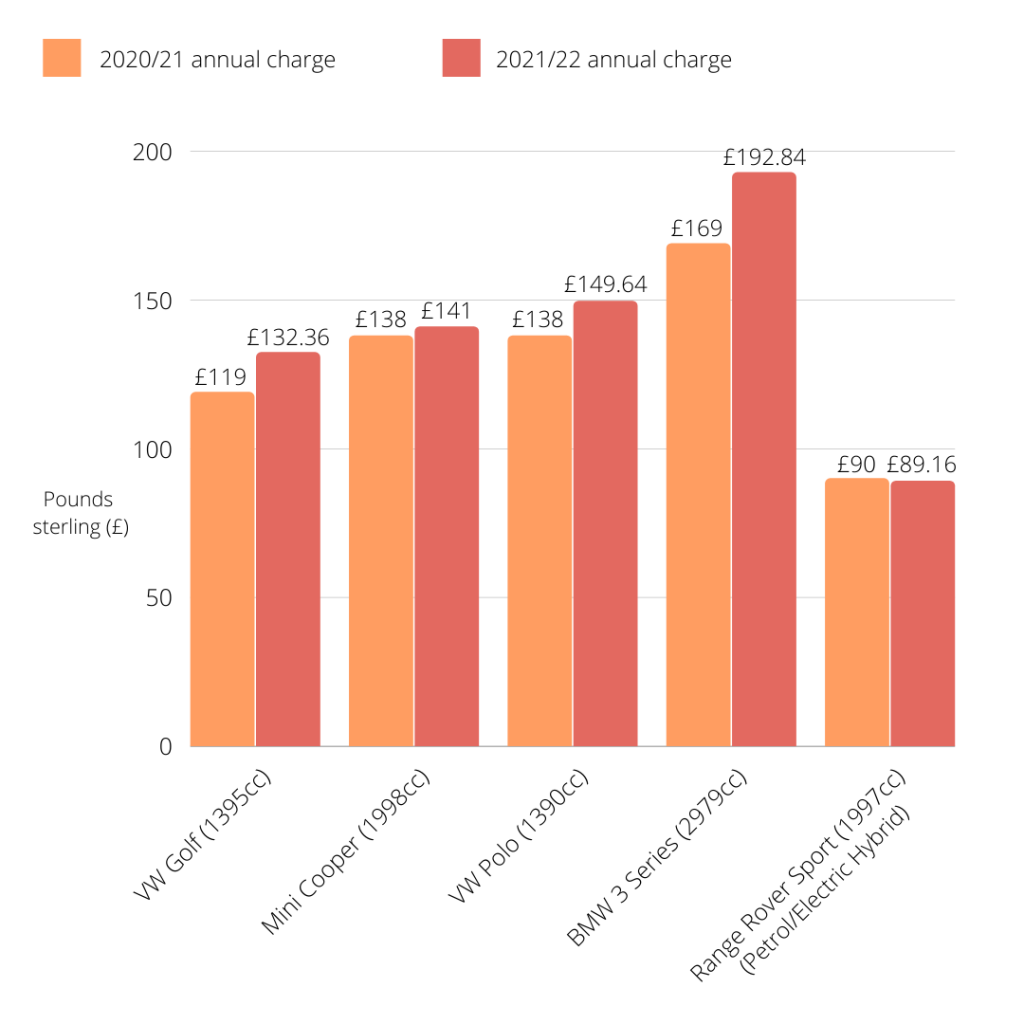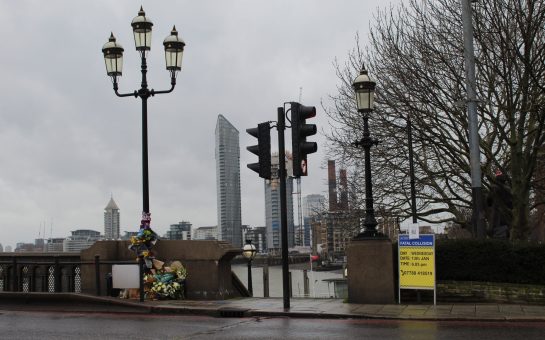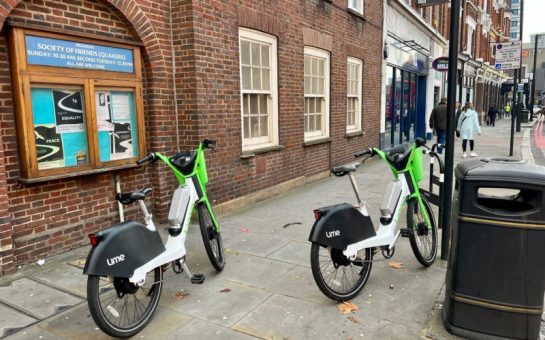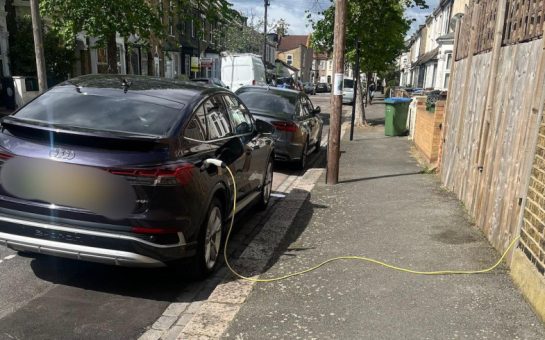Kensington and Chelsea Council (RBKC) will launch a first-of-its-kind tailored resident parking permit policy from April.
The borough will be the first in the UK to directly link the permit’s price to each vehicle’s carbon emissions when it comes into force on 1st April.
Currently, like many other councils, RBKC uses a banded pricing system based on emissions to charge residents for parking permits, with the cheapest permits for electric and Band 1 vehicles costing £90 and the most expensive for Band 7 vehicles costing £242.
Under the new policy, the price of a resident’s parking permit will be directly tailored to each vehicle’s carbon emissions.
The price of each individual permit can be calculated using a special permit calculator on the council’s website, with prices for fully electric vehicles starting at £21 per permit, nearly £70 cheaper than the current price.
The new policy is designed to encourage residents to switch to using greener vehicles and consider the CO2 ratings of their vehicles.
As of March 2020, only 2% of the borough’s registered cars are electric, with just 708 permits issued to electric vehicles out of over 33,000 permits.
In 2019, RBKC declared a climate emergency and set out a target for the borough to be carbon neutral by 2040.
According to figures published in 2020 by the Department for Business, Energy and Industrial Strategy for 2018, transport remains the third-largest source of CO2 emissions in Kensington and Chelsea.
The borough is supporting the new policy with a roll-out of electric charging points on residential streets, pledging that every resident living on a public road will be within 200m of a charging point by 1st April.
Councillor Johnny Thalassites, who initiated the new policy, said: “This policy change is the first of its kind in the country, but it’s just a no brainer for us.
“The Government has already laid out plans to ban new petrol and diesel cars from 2030.
“Every little incentive to support our residents to move to cleaner vehicles is worthwhile.
“This new system is the fairest way to set the price of the permit in direct correlation to how polluting it is.”
While the council is at pains to stress that the new policy will make pricing for vehicles fairer, there are concerns among residents that it will disproportionately target those who are less wealthy, and so are more likely to own older, less green cars and less likely to be able to afford to switch vehicles.
Chelsea resident and permit holder Tarquin Stephenson, 24, said: “I think it’s a great initiative to encourage people to think about their choices and the impact it has on the environment, as long as it does not negatively affect those who cannot afford to change their vehicle.”
Based on the number of permits issued for 2020/21, the council estimates that under the new permit policy nearly 26,500 residents would pay up to £50 more for their permits.
Over 17% of permits were issued for pre-Euro 6 diesel vehicles produced before 2015, indicating that at least 17% of car-owning residents, and likely more, own cars older than six years.

Source: RBKC
Branded ‘the most unequal borough in Britain’ by Emma Dent Coad, MP for Kensington between 2017 and 2019, the borough has a long history of wealth disparity.
In data released by the Greater London Authority in 2019, RBKC is the only London borough to contain both three wards in the top ten London wards for lowest income and three wards in the top ten London wards for highest income.
The introduction of RBKC’s new permit policy comes ahead of TfL’s expansion of the Ultra Low Emission Zone (ULEZ) into Kensington and Chelsea in October of this year.
This will require owners of diesel vehicles, as well as other vehicles that do not meet the Zone’s emission standards to pay £12.50 for every day of use.
Featured image: credit Lisa Haseldine




